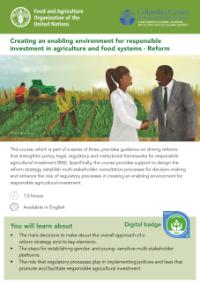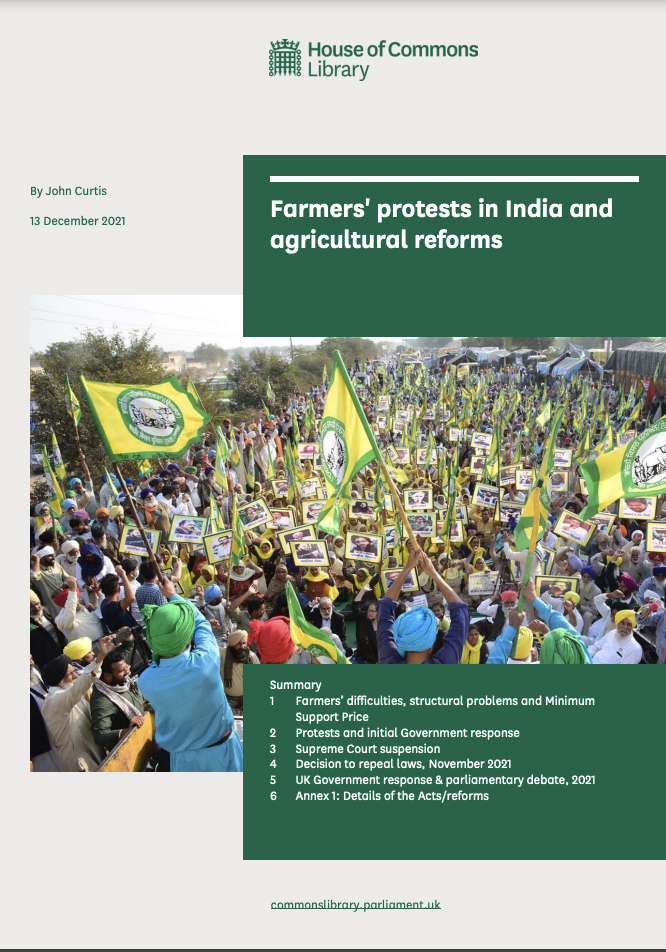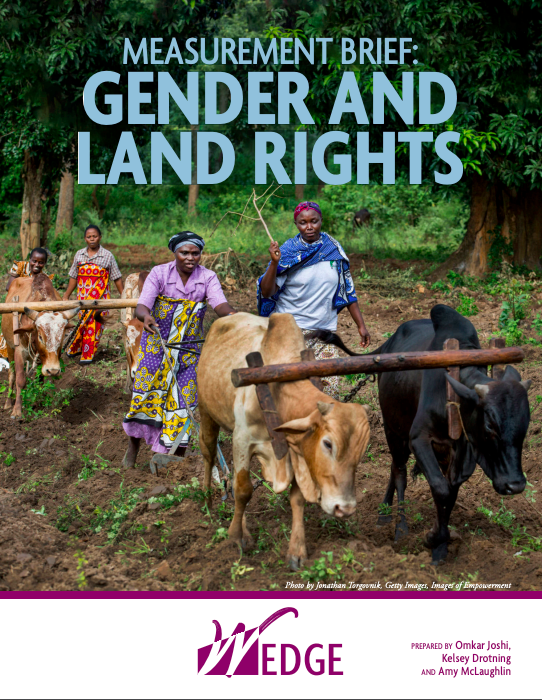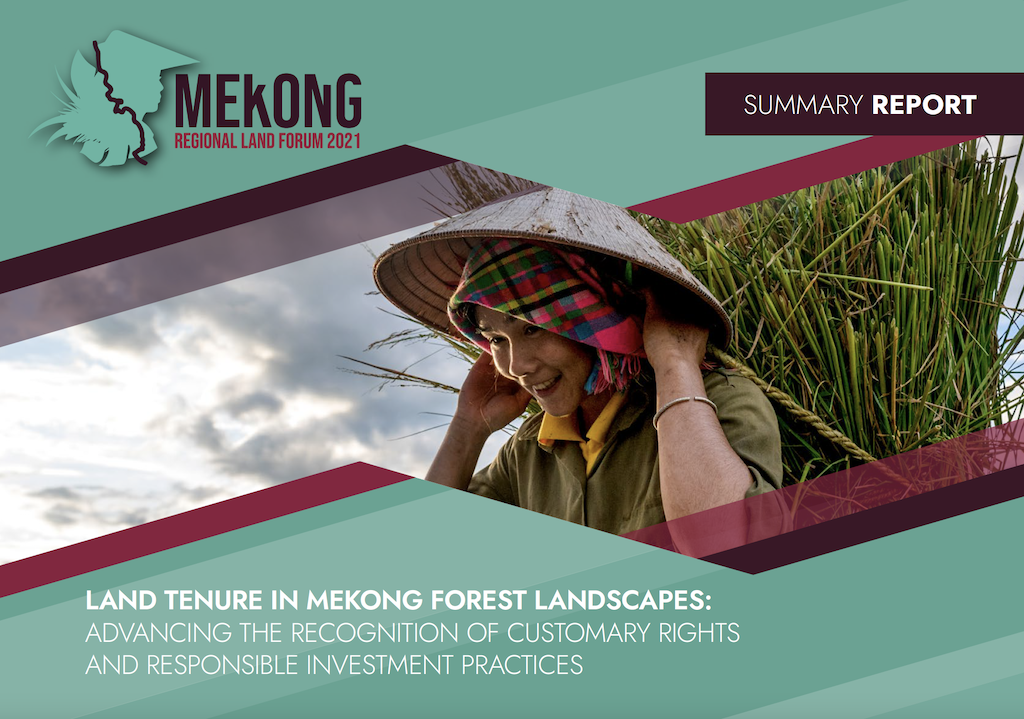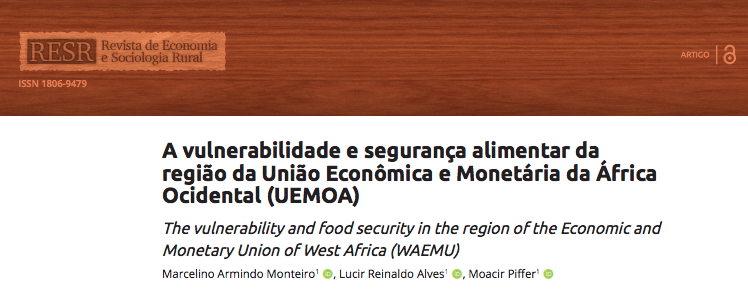Philippines: ClimBeR Inception Workshop Report
Building Systemic Resilience against Climate Variability and Extremes (ClimBeR) is a Climate Resilience Initiative of CGIAR which aims to transform the climate adaptation capacity of food, land, and water systems in the Philippines and 5 countries in Africa (Kenya, Morocco, Senegal, and Zambia) and Latin America (Guatemala).



